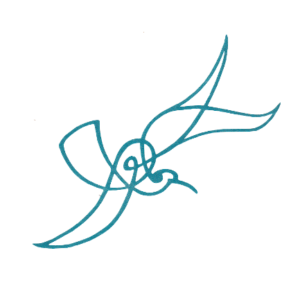Angela started her professional life as a computer and systems engineer before doing a PhD on organisational Cybernetics in the UK. After 10 years of working as an academic and consultant in Colombia, she moved to Hull University in the UK where she has spent the last few decades teaching and researching at the Centre of Systems Studies. Her research interests have been in studying organisational transformations for improved viability and sustainability, from an organisational cybernetics perspective. She has a long and fruitful experience teaching, researching and consulting in this field, in the UK, Europe and Latin America, including large transformational processes in organisations in the private and public sectors, and in communities; and have led several international research projects . Her research had been published in leading academic journals and research publishers. She was awarded the Ashby Lecture in the International Federation of Systems Societies and Vienna University in 2002; the Norbert Wiener Award by Emerald Publishing.
This user has not added any information to their profile yet.
I work as a consultant, thinker and trainer for a win-win situation where the organization, the employees and the environment benefit equally. My topics are organizational design and adaptive organizations.
The Adaptive Organization
Organizations need to be successful and “people friendly”. They adapt, their values and their structures support rather than constrain. They focus on new capabilities: Learning and Innovation. Resilient is the new efficient.
Successful in a complex environment
In a complex environment, you need different concepts and tools. I use systems theory, organizational cybernetics, complexity theory and many tools from the world of lean and agile.
Change is not enough. Agile Evolution
When you start down the path, only the first steps are visible; there is no complete plan or timeline.
It takes more than a simple change or even a revolution, rather a fundamental shift from a static to a dynamic view. A one-time event is therefore not a sufficient description – the hard work always started after the revolution. Improvement is continuous like evolution.
Learning journeys: Competence is more than knowledge
Learning is an integral part of work and must be modular and self-determined. I design learning journeys aka development concepts and have blended learning offerings with eTrainings and Tapas alongside classic training courses.


